The following is adapted from the 2018 Book Excellence Award Winner, Teen Grief: Caring for the Grieving Teenage Heart. Even if you don’t have teens, please read on. Chances are you’ll be able to personally relate to the sadness described here. How we manage this emotion well can be a key to our grief process and recovery.
When our hearts begin to feel the loss, sadness will most likely be one of the first emotions we experience.
From the Grieving Teen’s Heart
KATIE
This is all so sad.
How can you be gone? You were just here.
Dead. What does that really mean? What’s that like? Did it hurt? Does it still hurt? Where are you? How am I supposed to handle this?
I don’t know. The only thing I know is that I’m sad. Very sad.
My eyes are puffy. I don’t sleep well. I have nightmares. I’m hardly eating at all.
Missing you is painful. I want to see you, but that’s impossible.
And that’s sad. The whole thing is sad.
JOSH
You’re dead, and I don’t understand it.
I look at the ground a lot. I stare at walls and people. I’m in a trance. Maybe my brain is busted. I must be on overload.
I feel sad.
I try to be nice and put on a good show, but faking it is getting harder. People want me to be better already. Right.
Why can’t a guy be sad? Is that too much to ask?
Let me be. I’ll be sad if I want to be, whenever I want to be.
Loss is sad
Someone we love and care about is gone. How could we not be sad?
A teen’s life is already in flux. They’re in constant transition. Change is part of the atmosphere they breathe. They seem to grow into new thoughts, feelings, hormones, and bodies every day.
When someone close to them departs, a new form of change gets introduced into their lives. This change is painful, confusing, and even threatening. What sense of security the teen has is shaken. In an instant, their world is upended.
When they begin to feel the loss, sadness will most likely be a predominant emotion they experience. The same, of course, is true for us.
Our world doesn’t like sadness
Unfortunately, our world doesn’t tolerate sadness well. We want happy, smiling faces, so grieving hearts will always be swimming upstream. People notice sadness and flee, as if grief is a deadly, infectious disease.
Teens are already hyper-alert for rejection. Now they’re in an impossible situation. They’re sad in a world that demands smiles. Most teens fake it and go underground emotionally. Now they feel more alone than ever before.
You can make a difference
What can you do to help?
First, accept the fact that sadness is a natural, healthy emotion for someone who’s grieving.
In grief, sadness needs and deserves to be felt and expressed. Accepting our own sadness as natural and healthy is huge. Rather than trying to chase it away, we can feel and learn to manage this emotion. Then we can meet the teen where they are and find ways to enter their sadness with them.
Second, sadness needs to be expressed. We need good listeners.
Continue to coach yourself to be quiet and listen. Exist with them in their world for a while. Be quiet. Listen. Try to hear their hearts.
If you’re grieving, your heart needs to be heard. Do you have good listeners in your life? We all need safe people in whose presence our hearts can relax. Find healthy ways to express your sadness. Talk. Write. Draw. Exercise. Cry. Scream.
Sadness will be expressed – one way or another.
Third, remember that the number one thing sad hearts need is love.
The basic foundation of love is the willingness to meet another person where they are, as they are. Enter their world rather than trying to pull them into yours. If you can, feel a little of their sadness with them. Instead of asking, “What’s the right thing to do?” try asking yourself, “What’s the most loving thing I can right now?”
If you’re sad, you need love too. Actually, we always need it. Who accepts you for who you are, as you are? Who can meet you in your grief and spend time with you there? Who listens to you without judgment? You need people like this.
Fourth, resist making it about you.
Resist sharing about your own losses. Teens will see this as another indication that you don’t “get it.” Try not to poke or pry. Try not to fix. Accept them where they are. They’re sad. They should be.
If you’re grieving, it’s not about you either. You’re involved, yes, but fundamentally grief is about relationships. It’s about the bigger picture of doing life together and loving each other in the midst of loss. It’s about all of us.
Affirmation:
Accepting my own sadness is important. Finding others who will accept my sadness helps me find the sense of safety I need to heal.
Question: Have you encountered deep sadness in your grief process? What seems to help you process this emotion?



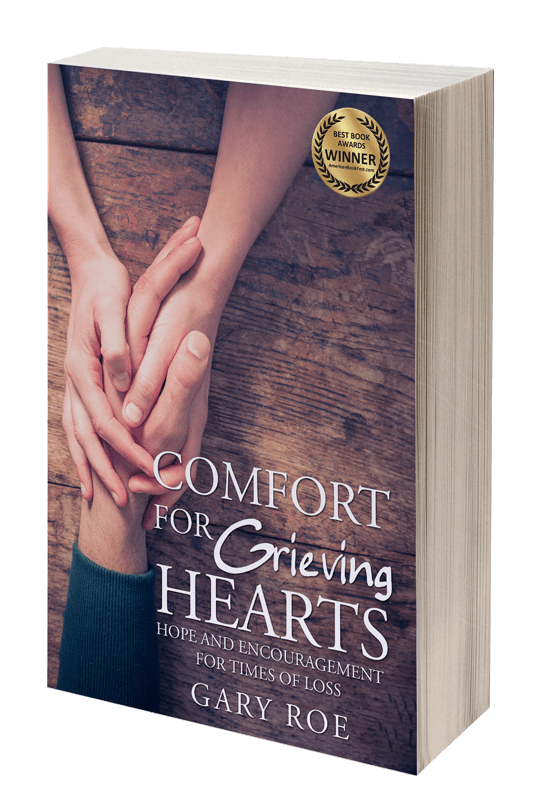
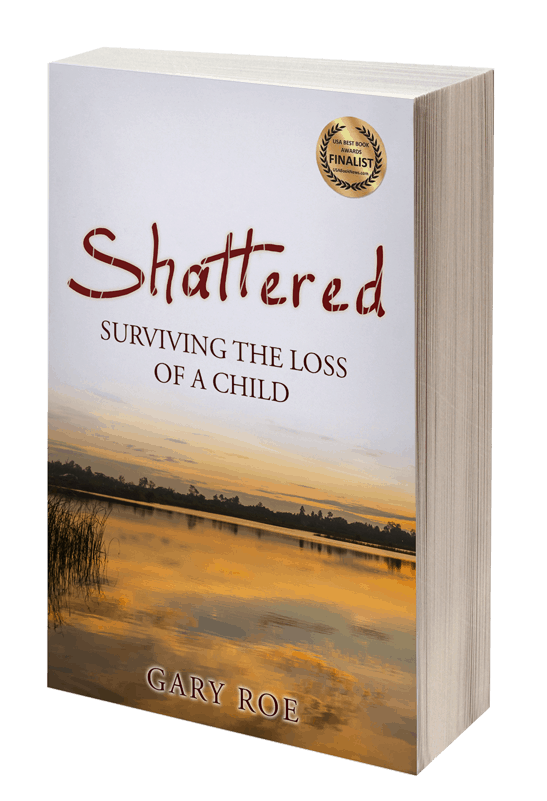
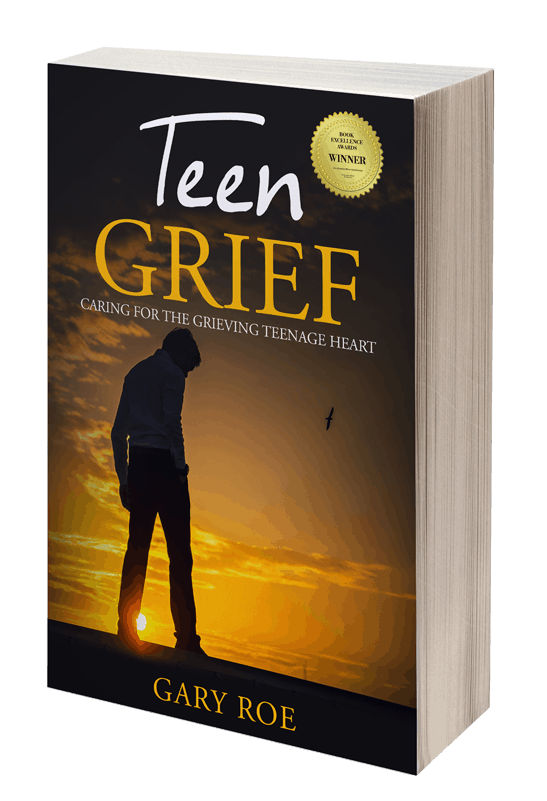
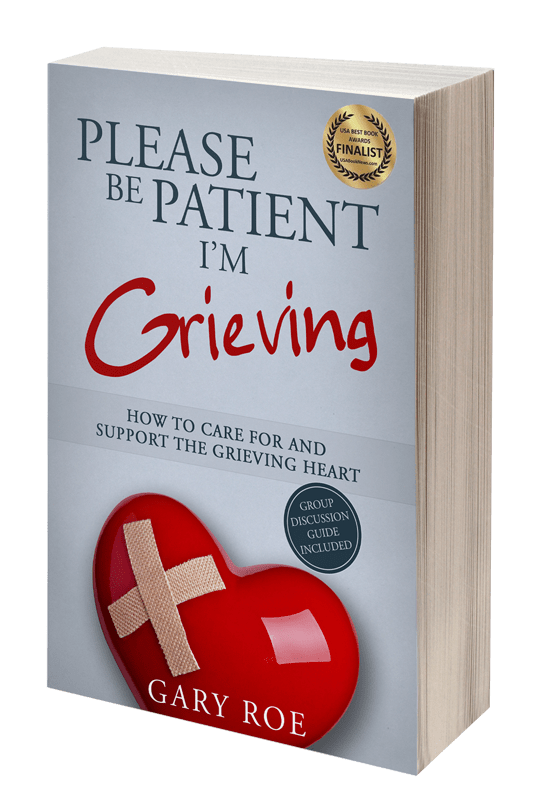
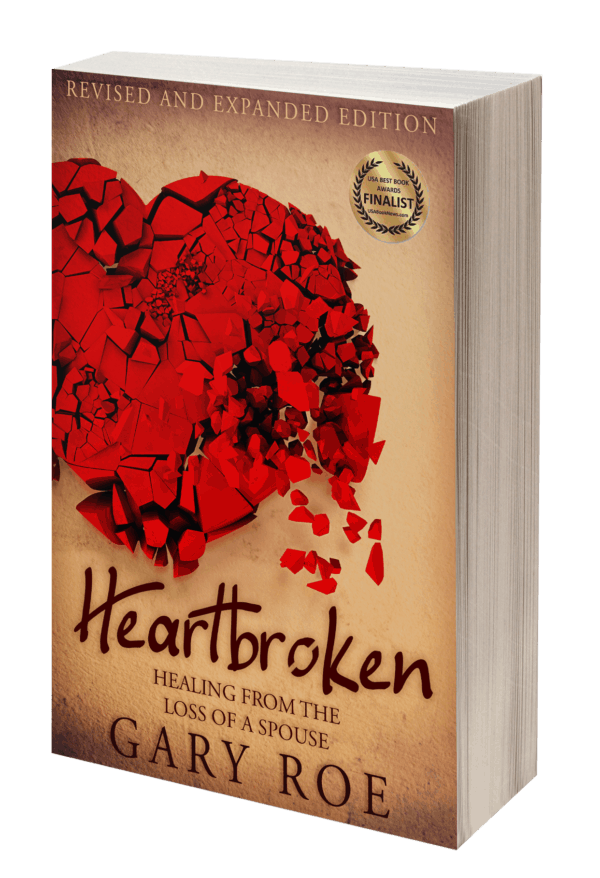
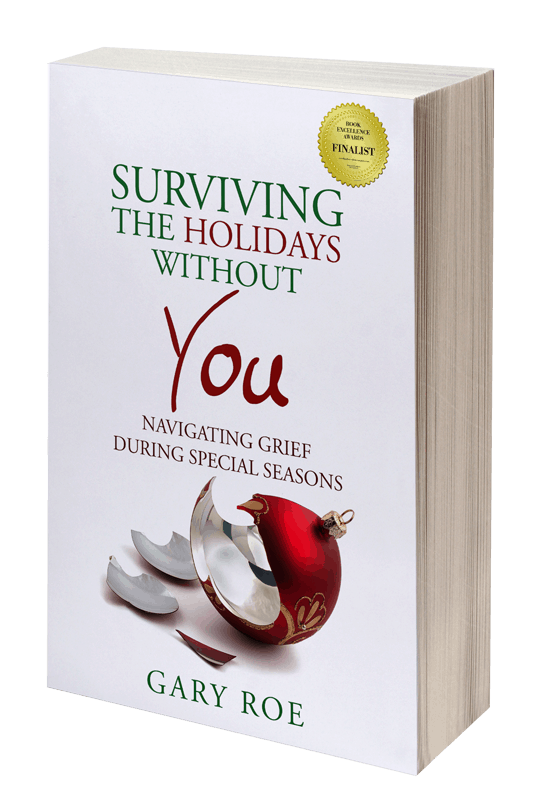
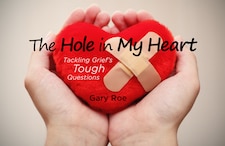
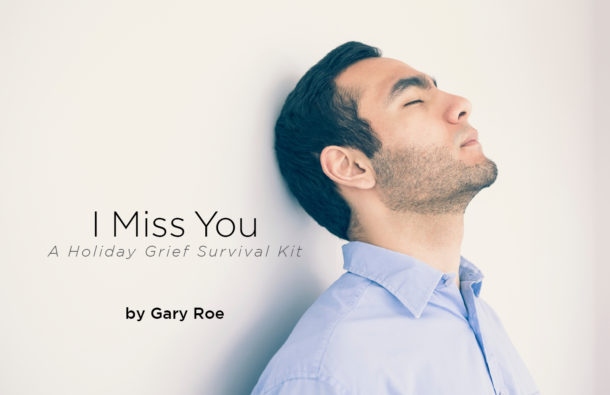
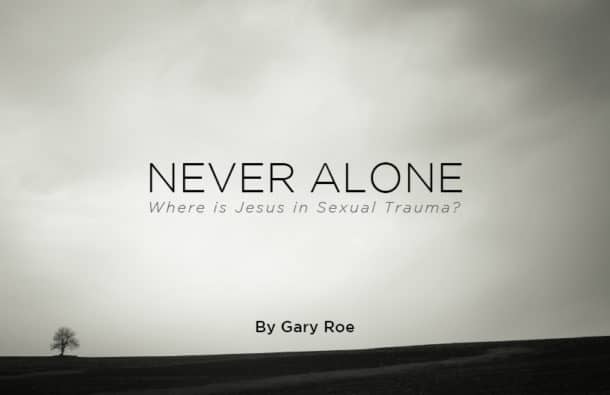

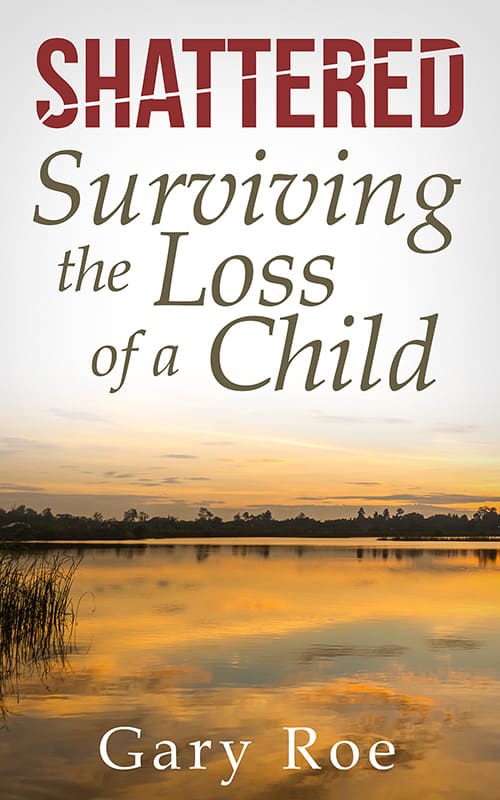
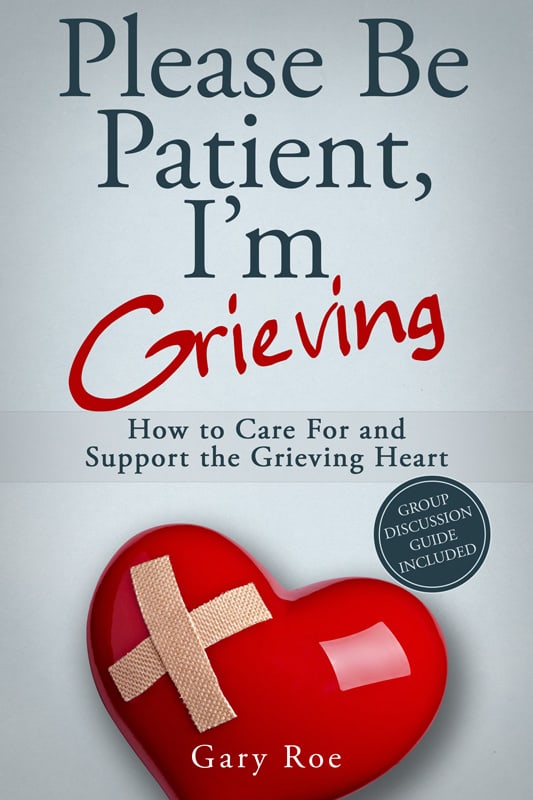
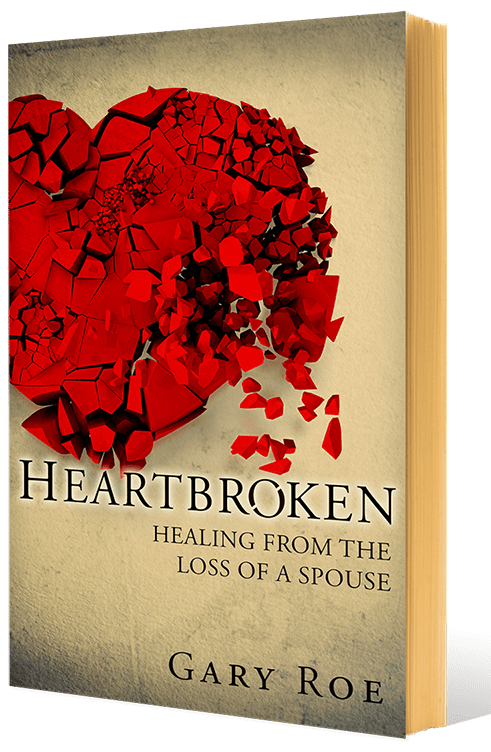
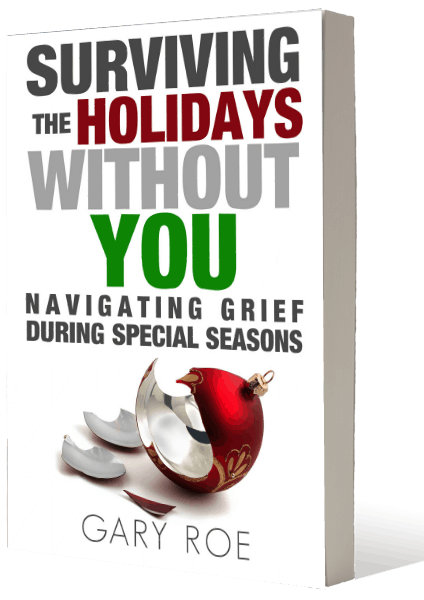
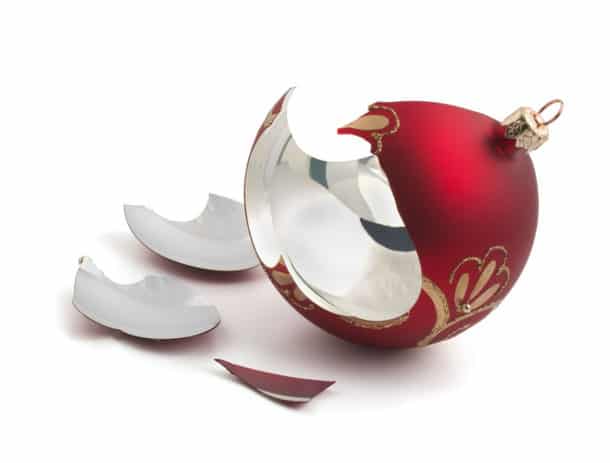
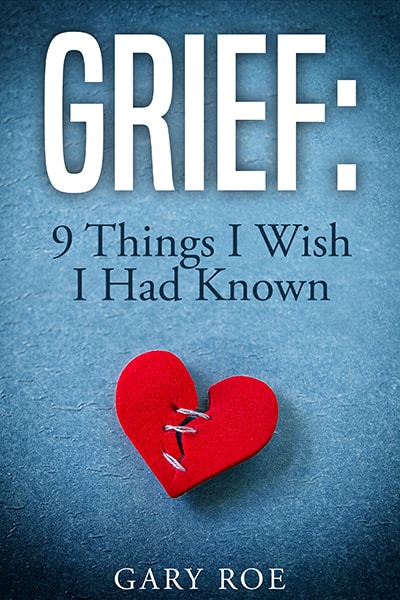
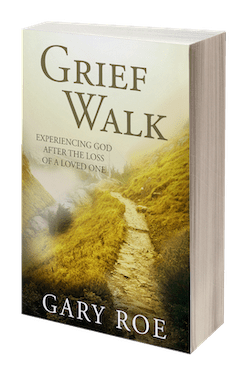
Hi Gary, I am in my 4th year of the HUGH LOSS of my daughter,I am in DEEP sadness , I am no longer able to love 100% as my HEART has been broken…..I can not find any way to heal… no desire for much of anything,she was an abused woman…. I know she died a miserable death, cant get this out of my mind…
I’m so, so sorry about your daughter. A loss like that can really shatter and crush a heart. And pain can be immense and go on and on. And on top of everything else, the abuse she endured would disturb and anger any parent. If there’s anything we can do for you to help, please let us know. You are not alone, though many times I’m sure it feels that way.
It’s been 4 years since my Dad passed and then 3 months later I lost my second niece. I’m still devastated. It’s difficult to smile most days. Im so sorry for your loss and I hope that you can feel just a little bit better. God Bless
Hi Katie. I’m so sorry about your dad and your niece. Ugh. And thank you for your support of others. God bless you!
Hi Gary- what helps me is the friendships of other moms who have lost children….they “get it.”
Thank you for all you do.?
Hi Sandy. Yes, indeed! People with similar losses can be the greatest companions on this journey. Glad you found some good ones!
Six years ago I lost Gary , the love of my life suddenly through heart attack . My neighbors , my friends , surrounded me and included me in everything they did ; dinners, parties , events etc . While the loss was devastating, they surrounded me with love and my safety net . I loved 5 yrs alone in the big house and it just got too much to take care of even though I did most of the gardening which I love . Fast forward , I moved to a 55 community .. new surroundings , new people ( older) new , new new!! I joined a support group mostly women . Nice people but the sadness is back stronger .. I don’t feel him in this space .. I’ve lost his spirit .. but I know he is with me in my heart . I looked back and remembered what I did after I lost him and that was exercise .. walk , Pilates ..it saved my life . Some times I feel I went too quickly with my grief . It was an escape for me to stay busy . Now I am feeling the true grief being alone and starting over by myself .. I want to find love again , it makes life worth living .
Thanks for listening . Maria
Hi Maria. Thank you for sharing. I am proud of you. You are doing quite well. I know the sadness may come back – and may hit with a venegance. Often every big change in life after a loss brings an initial sense of sadness and grief emotions. And finding love again is a wonderful goal. As you process the grief in healthy ways, you will continue to heal. Love has a way of finding us, when we’re ready. We don’t know when we’re ready, of course. It’s a fine line between longing for what we had and being ready for something new. Keep talking and reaching out! Well done, Maria.
My heart and my families hearts are broken because of the loss of our daughter. The work you are doing is immense. Being British isn’t easy where emotions are concerned for my generation. Please keep up this good work.
Hi June. I’m so sorry about your daughter. What a massive, huge loss. I can only imagine that the reserved nature of the culture doesn’t help in the grief process sometimes. Thank you for your encouragement. So glad we’re in this together. Please feel free to comment and share anytime.